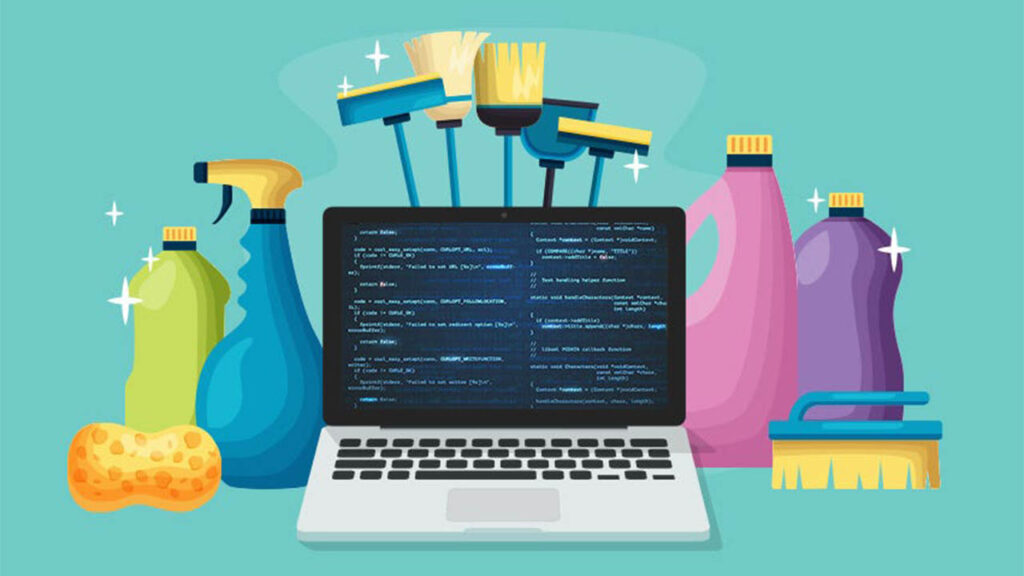Clean code is an essential approach in programming that focuses on the clarity and understandability of code.
Clean code is crucial in the development of high-quality software. Its ability to improve code readability and maintainability is invaluable.
When code is clean, it facilitates collaboration among developers and reduces the introduction of errors. This creates a solid and reliable foundation for future software modifications and improvements.
In this article, we will explore the fundamental principles of clean code and how they can enhance software quality.

Readability
Code should be easy to read and understand. This involves using descriptive names for variables and functions, as well as helpful comments that explain complex or non-intuitive logic.
Simplicity
Simplicity is key in clean code. Unnecessary complexity, code duplication, and excessive nesting should be avoided.
By seeking simple and direct solutions, maintainability is improved, and errors are reduced.
Code reuse
Instead of duplicating code, opportunities to create reusable functions or modules should be sought.
This reduces the amount of code needed and facilitates future updates and changes.

Effective unit testing
Clean code encourages comprehensive unit testing. Unit tests help detect errors early on and ensure software quality.
Clean and modular code makes it easier to create and execute unit tests.
Clear documentation
While code should be self-explanatory, it is important to add comments and documentation that explain the functionality and intent of the code.
This helps other developers quickly understand the purpose of the code and make error-free modifications.
Benefits of clean code
Clean code offers numerous benefits in software development. It improves developers’ efficiency and productivity, ensures more robust and maintainable software, and promotes effective collaboration within the development team.
Furthermore, clean code is reliable and scalable, easily adapting to future needs.
Join Facialix’s official channel for more news, courses, and tutorials
By following the principles of clean code, developers can create clear, readable, and easily maintainable code.
This not only enhances efficiency and productivity but also ensures reliable and adaptable software.



